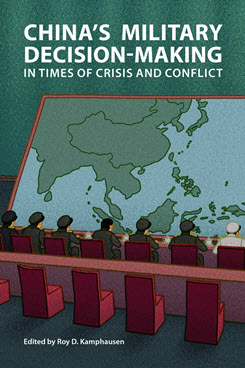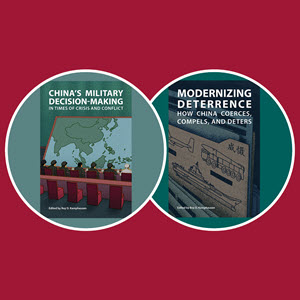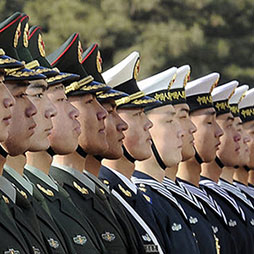China’s Decision to Escalate the 2012 Scarborough Shoal Standoff
This chapter examines China’s decision to escalate the 2012 Scarborough Shoal standoff and the role of the People’s Liberation Army (PLA) in shaping the decision during the incident.
EXECUTIVE SUMMARY
MAIN ARGUMENT
China’s crisis decisions in the South China Sea disputes should be understood as a result of Beijing weighing and making a tradeoff between its anticipated domestic and international costs because the two types of competing costs pull the Chinese decision in different directions. The potential domestic costs and backlash create incentive for escalation, whereas the potential international pushback and reputational damage create pressure on Beijing to de-escalate. The 2012 Scarborough Shoal standoff represents a case in which perceived low international costs and surging domestic costs led China to opt for escalation. China employed a multipronged nonmilitary escalation strategy against the Philippines during the standoff to signal its resolve while avoiding unintentionally militarizing the situation. Moreover, Chinese propaganda might have overstated the intensity of the escalation for domestic consumption.
POLICY IMPLICATIONS
- While China has demonstrated a growing level of assertiveness when handling maritime disputes in the South China Sea, its management of these disputes is shaped by competing expectations and costs generated by multiple audiences that include, but are not limited to, the PLA.
- During a crisis such as the Scarborough Shoal standoff, the PLA is not necessarily as openly vocal as other hawkish actors in China’s maritime affairs system, but it is capable of shaping the broader context in its push to harden the Chinese approach toward sovereignty disputes.
- To the extent that China strives to credibly signal its resolve while maintaining an image of nonbelligerency among its smaller neighbors, stakeholders in the region still have the leverage to shape Chinese crisis behavior in the South China Sea by tipping China’s cost-benefit calculation toward the international end. External efforts, however, will be most effective when an unequivocal, strong U.S. response is combined with a unified voice from ASEAN.
Shuxian Luo is an Assistant Professor in Asian Studies at the University of Hawaii, Mānoa.



 Assessing U.S.-China Deterrence Dynamics and Crisis Management
Assessing U.S.-China Deterrence Dynamics and Crisis Management
